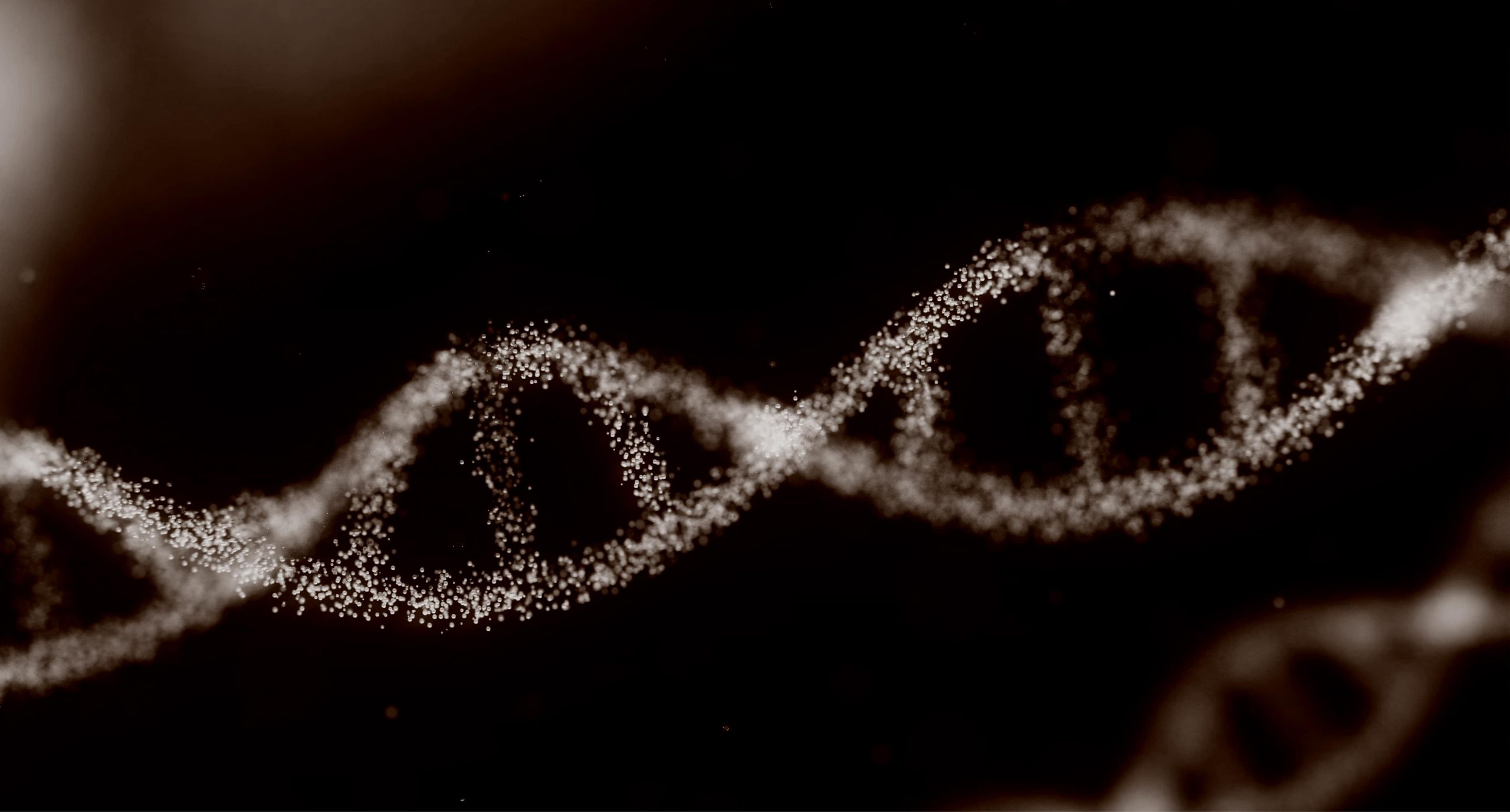Spice Route Legal

Healthcare in India: FSSAI Regulations for Alcoholic Beverages
INTRODUCTION
Alcohol consumption in India has increased over the years and is estimated to reach about 6.21 billion litres by 2024.1 Considering the healthcare implications of alcoholic beverages, the Food Safety and Standards Authority of India (“FSSAI”) has laid down certain food safety standards for the manufacturers, marketers and other stakeholders for such alcoholic beverages. FSSAI is a statutory body under the administration of the Ministry of Health and Family Welfare, Government of India that lays down standards for food articles to ensure transparency among consumers.
DEFINITION OF ALCOHOLIC BEVERAGES
The Food Safety and Standards (Alcoholic Beverages) Regulations, 2018 (“Regulations”) defines ‘alcoholic beverage’ as a ‘beverage or a liquor or a brew containing more than 0.5 per cent abv (alcohol by volume2).’
As per the Food Safety and Standards Act, 2006 (“Act”), the term ‘food’ includes alcoholic beverages.3 The Act was enacted with the main intention of ensuring that any substance intended for human consumption should be safe and wholesome.4 Hence, the inclusion of alcoholic beverages as ‘food’ implies the necessity of comprehensive healthcare compliance.
RELEVANT LEGISLATIONS
The Food Safety and Standards (Food Products Standards and Food Additives) Regulations, 2011 (“2011 Regulations”) prescribed standards only for one alcoholic beverage, i.e. toddy.5 Thus, to bring other alcoholic beverages into the regulatory purview, the FSSAI released the Regulations on 5 April 2018 prescribing the standards for alcoholic beverages (including brandy, gin, rum, vodka, whisky, wines, beer etc.) to ensure healthcare and safety of consumers. These standards were issued taking into consideration the stakeholders, to ensure that the products meet the specified standards for ingredients, additives, alcohol content, labelling, and other requirements. These Regulations apply to Indian as well as imported alcoholic beverages which are sold in India.6 Additionally, the Food Safety and Standards (Packaging and Labelling) Regulations, 20117 (“Packaging and Labelling Regulations”) also apply to alcoholic beverages as it prescribed packaging and labelling requirements for food.
MAJOR COMPLIANCES UNDER THE REGULATIONS
The Regulations have different aspects which include general standards, labelling standards and packaging standards. The broad compliance requirements under the Regulations are as follows:
(a) General Standards
- Alcoholic beverages are required to be free from chloral hydrate, ammonium chloride, paraldehyde, pyridine, diazepam or narcotic, psychotropic substances including caffeine except for naturally occurring caffeine.
- The tolerance limit for ethyl alcohol content is ± 0.3 per cent (± 0.5 per cent in the case of wines) for up to 20 per cent, and ±1.0 per cent for more than 20 per cent abv. of the declared strength.
- The water used for dilution to bottling strength shall meet the requirements as specified in Indian Standards for Drinking Water (IS:10500).
- Alcoholic beverages may contain permitted additives, enzymes and processing aids as permitted under Packaging and Labelling Regulations.
- Any alcoholic beverage when labelled as ‘matured’, shall be matured for not less than one year in oak or other suitable wood vats or barrels or with wooden chips.
- Where an age claim is made in conjunction with the term ‘aged’, the age must refer to the youngest spirit in the blend.
(b) Specific Labelling Requirements
The Regulations have provided certain specific labelling requirements in addition to the general labelling provisions specified in the Packaging and Labelling Regulations, which every package containing alcoholic beverages must specify on their labels. In the case of imported alcoholic beverages, the provisions of the Food Safety and Standards (Import) Regulations, 2017, shall also apply. The specific labelling requirements to be complied with are as follows:
- The alcohol content must be expressed as a percentage of alcohol by volume.
- The label on the alcoholic beverages may include a statement of the approximate number of standard drinks in the package. For instance, for a bottle of 750 ml beverage which contains 8 per cent alcohol, the number of standard drinks should be mentioned as ‘contains approximately 4.8 standard drinks.’
- The geographical indicators should be used on the label solely for the products originating from that geographical region.
- A label shall not contain any nutritional information, except the energy content in kcal. The energy content declaration is voluntary.
- No health claim shall be made on alcoholic beverages.
- The label of a beverage containing more than 0.5 per cent abv. should not use the words ‘non-intoxicating’ or words implying similar meaning.
- All alcoholic beverages must have a statutory warning that “consumption of alcohol is injurious to health. Be safe – don’t drink and drive” printed in the English language. The size of the warning should be a minimum of 3 mm.
(c) Packaging Requirements
- Alcoholic beverages shall be packed in suitable containers as specified in the Packaging and Labelling Regulations, provided that, bulk containers shall have no upper limit for alcohol content, and shall meet the safety parameters of the product standards. Such products shall also carry a label declaring ‘For manufacturer of alcoholic beverages only.’
- Alcoholic beverages containing not more than 8.0 per cent abv may be called as low alcoholic beverages and shall conform to the requirements given under Table 1 of the Regulations.
Based on the kind of alcohol, the Regulations have also specified standards to be complied with for an alcoholic beverage. For instance, the labelling of wine has separate specific labelling compliances like indicating the origin (country or state) of wine and declaring the amount of sugar under the Regulations.8
CONCLUSION
The alcoholic beverages sector in India is experiencing significant growth, evident in the proliferation of breweries and diverse beer brands entering the market. Presently, India is a small player in the global alcoholic beverages trade. In 2019, India’s total share in global exports of alcoholic beverages was only 0.27 per cent, with a global rank of 32, much below that of several developing countries.9 In the same year, India’s share in global imports was 0.75 per cent with a rank of 20.10 By adopting the Regulations, India has increased its potential to grow this industry. With more entrepreneurs joining the industry, FSSAI continues to strengthen efforts by amending Regulations to ensure businesses follow the required regulatory practices in the industry.
[1]https://www.statista.com/statistics/727026/consumption-of-alcoholic-beverages-india/#:~:text=Alcohol%20consumption%20in%20India%20amounted,growing%20urban%20population%20among%20others [2] Alcohol by volume is the ethanol content in an alcoholic beverage expressed in terms of percentage of total volume. [3] Section 3(j), Food Safety and Standards Act, 2006. [4] https://fssai.gov.in/upload/uploadfiles/files/FOOD-ACT.pdf [5] Toddy means the sap from coconut, date, toddy palm tree or any other kind of palm tree which has undergone alcoholic fermentation. [6] Regulation 1.1(3) of the Regulations state that the Regulations apply to ‘Food Business Operator’. Under the 3(n) Act, ‘Food Business’ includes import. [7] The 2018 Regulations regarding the Alcoholic Beverages gives specific labelling requirements in addition Packaging and Labelling Regulations. However, with the new regulations brought in, the effect of this has not been stated in the Amendments yet. [8] Regulation 5.9, Regulations. [9] https://icrier.org/pdf/ES/ES_Alcoholic_Beverages.pdf [10] https://icrier.org/pdf/ES/ES_Alcoholic_Beverages.pdf
This website is owned and operated by Spice Route Legal, and is exclusively meant to be a source of information on the firm, it’s practice areas, and its members.
It is not intended and should not be construed as any form of advertisement, solicitation, invitation or inducement of any sort from the firm or its members.
Spice Route Legal does not warrant that any information provided on the website is accurate, complete or updated, and further denies liability for any and all loss or damage caused to the user as a result of their reliance on the content provided.
The information made available on this site must in no way be relied upon, or construed, as legal advice. If you need legal assistance, we recommend you seek help from competent counsel licensed to practice and advise in the relevant jurisdiction.






